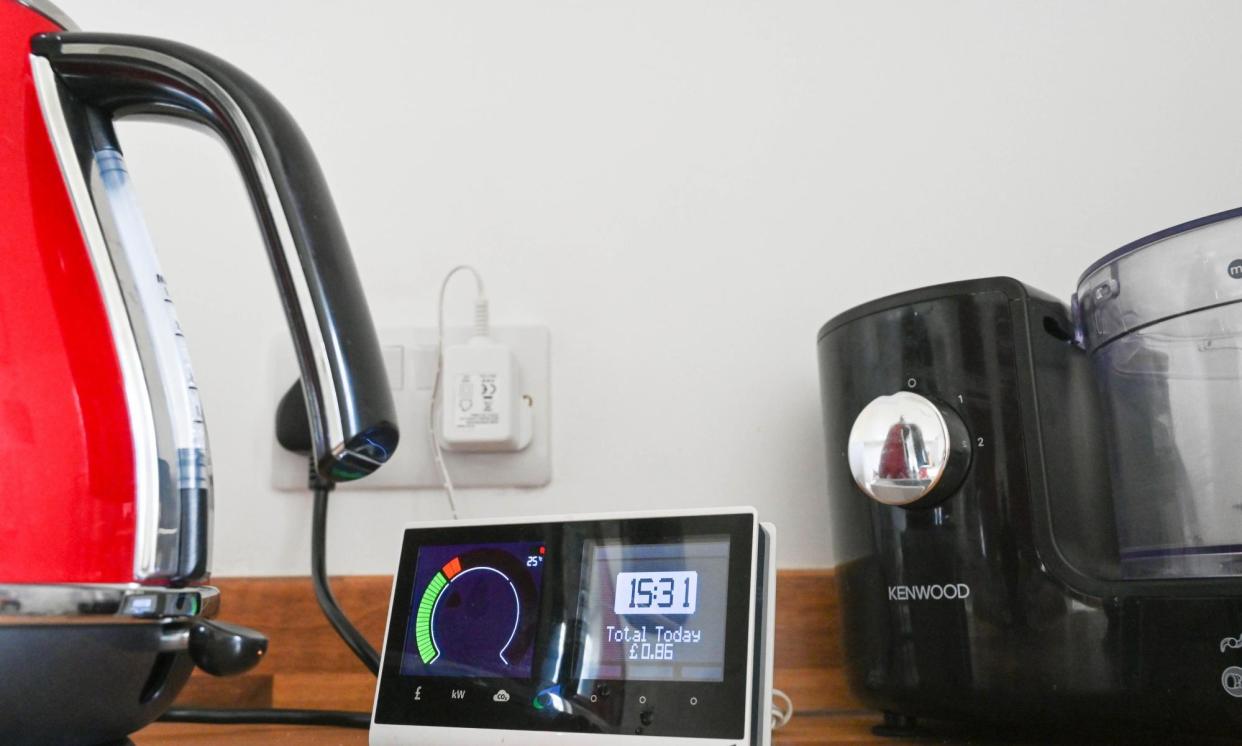UK households face battle to regain former living standards even if inflation eases

Inflation remains a problem for every household, despite recent falls that have more than halved the consumer prices index since a peak in 2022.
The latest figures for January show gas and electricity bills were pushed higher by Great Britain’s regulator, Ofgem, lifting the prices cap by 5%, while restaurants and hotel charges jumped 7% year on year.
These price increases were the main drivers preventing the CPI from falling in January. It remained stuck at 4%, albeit slightly lower than City economists had expected.
Good news came from the food industry, where inflation fell from December to January, but the annual rate remains high at 7% and food and non-alcoholic beverage prices are about 25% higher than they were two years ago, the Office for National Statistics said.
Worse is the price of electricity, gas, and other fuels. Inflation for this category has fallen by 18% since its peak in January 2023. However, prices last month were 89% higher than they were in January 2021.
These are dramatic increases in the cost of living. So it is no wonder the boss of the TUC, Paul Nowak, is hopping mad about any talk of lower inflation somehow meaning the problem has gone away for most people.
Restaurant and hotel workers, with their colleagues in the retail industry, seem to have taken matters into their own hands in the battle against inflation, joining those at the top of the pay league – City workers, lawyers and accountants – as the most able to keep wages rising with inflation.
The “wholesaling, retailing, hotels and restaurants” category experienced the largest annual regular growth in wages to December 2023 at 7.2%; the finance and business services sector could only manage 6.9%.
At the Bank of England, policymakers will be concerned that strong wage increases are flowing into higher prices and that its job of taming inflation is not yet done.
The hotel and restaurant trade seems to show that trend in action. However, low-paid workers are being helped by the national minimum wage, which employers know is going up by almost 10% in April, to £11.44 an hour.
Like the energy price cap, this is a government initiative that the Bank cannot do anything about. Higher interest rates have no impact on whether and how these price and wage changes take effect. They are both mandated by law.
That is why most economists believe the Bank will ignore these developments and cut interest rates several times this year.
Suren Thiru, the economics director at the Institute of Chartered Accountants in England and Wales, says the UK was “close to winning its fight against soaring inflation”.
He adds that inflation’s journey back to the Bank’s 2% target should now accelerate, “with a sizeable fall in energy bills from April and lower food costs likely to drag inflation noticeably lower by the spring”.
Nowak will be cheered by that analysis. But union members on average incomes are missing out on wage rises, and while inflation persists, no doubt their battle to claw back something like their previous living standards will, too.


